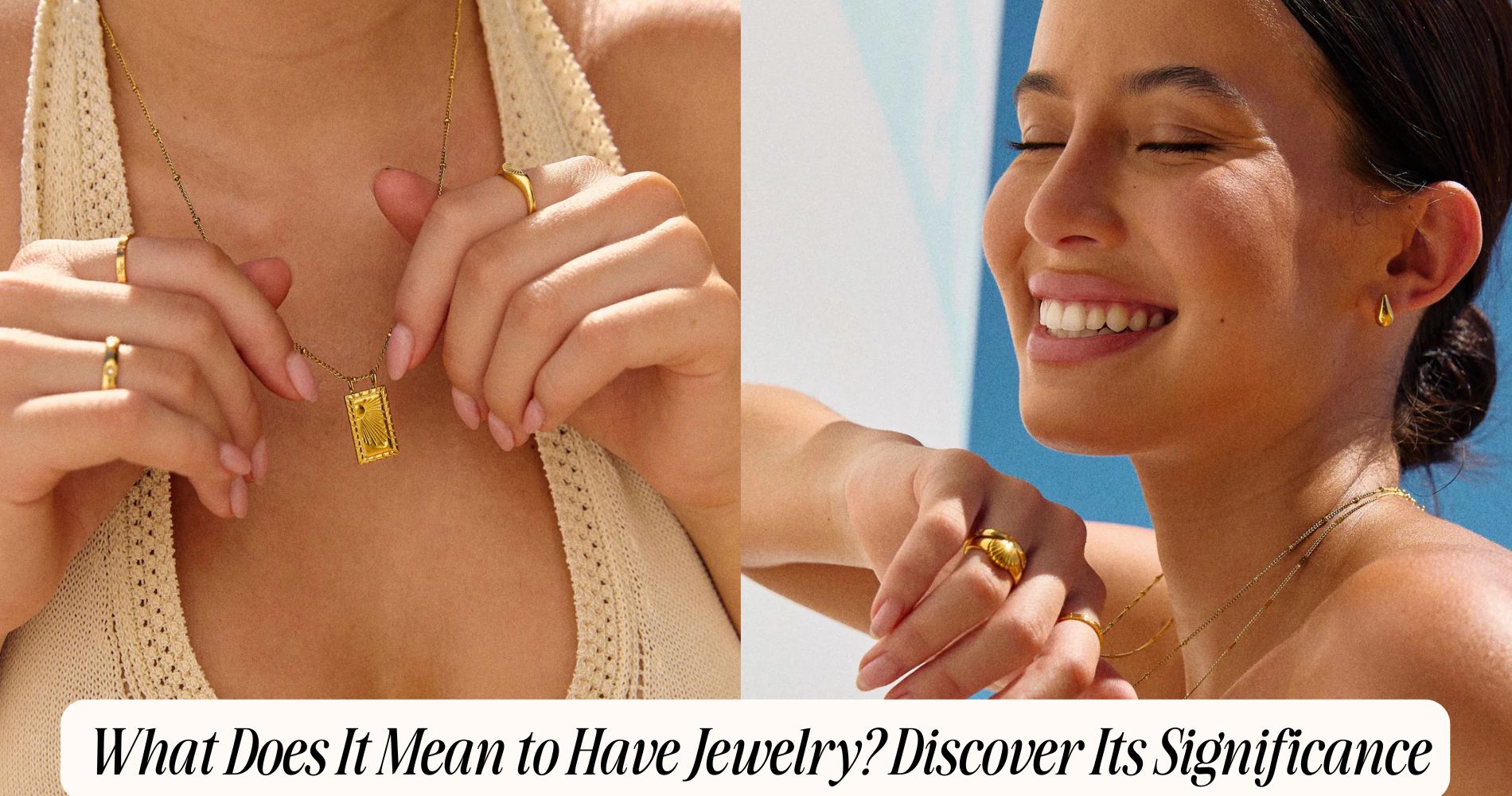
What Does It Mean to Have Jewelry? Discover Its Significance
What does it mean to have jewelry? It’s more than just adornment—it holds deep significance in identity, culture, and personal expression. Jewelry often represents social status, milestones, and emotional connections, serving as a tangible reminder of cherished memories. Across cultures, it plays a key role in traditions, marking major life events like weddings and funerals. It can symbolize power, wealth, and individuality, reflecting personal values and aspirations. Whether it's a treasured heirloom or a modern piece, every jewelry item tells a unique story. For those who want both style and durability, waterproof jewelry offers a perfect balance, making it ideal for everyday wear.
Historical Significance of Jewelry
Throughout history, jewelry has served as more than just decorative adornment; it often signifies social status, cultural identity, and personal expression.
Ancient adornments, such as amulets and necklaces, weren't merely for beauty; they played essential roles in societal structures, often delineating roles within communities. For instance, in many cultures, specific pieces indicated a person's rank or profession, reinforcing hierarchical systems.
You can see how these artifacts convey messages about the wearer's identity, beliefs, and affiliations. Additionally, jewelry often held spiritual significance, acting as protective charms or symbols of devotion.
Jewelry as a Status Symbol
Jewelry has long been a powerful indicator of social hierarchy and wealth, often serving as a visible marker of one's status within society. When you wear exquisite pieces, you're not just accessorizing; you're making a statement about your place in the social landscape.
Historically, certain materials like gold or diamonds acted as status markers, signifying affluence and exclusivity. The craftsmanship and design of jewelry also play significant roles in wealth representation. Intricate designs or rare gemstones can elevate a piece's perceived value, enhancing the wearer's status.
In contemporary culture, luxury brands further amplify this trend, creating a direct link between jewelry and social prestige. Ultimately, your choice of jewelry can reflect your values, aspirations, and social identity.
Emotional Connections to Jewelry
When you wear a piece of jewelry, it often carries personal memories that mark significant milestones in your life.
These items can serve as tangible reminders of cherished moments or connections to family traditions, enriching their value beyond mere aesthetics.
Understanding this emotional resonance reveals how jewelry serves not just as adornment, but as a vessel for cultural identity and personal history.
Personal Memories and Milestones
While you mightn't realize it, the jewelry you wear often serves as a canvas for your most cherished memories and significant milestones. Each piece you own can act as a memory keepsake, reminding you of pivotal moments in your life.
For instance, a necklace gifted on a birthday or a bracelet received after a personal achievement can evoke strong emotions tied to those experiences. These treasures become milestone reminders, symbolizing love, growth, and accomplishments.
When you glance at your jewelry, you're not just admiring its beauty; you're reconnecting with the stories behind it. This deep emotional connection transforms ordinary accessories into powerful tokens of your journey, making each piece a significant part of your personal history.
Cultural and Familial Significance
The emotional connections people have with jewelry often extend beyond personal milestones to encompass rich cultural and familial traditions.
When you wear a family heirloom, you're not just donning an accessory; you're engaging in heritage preservation. These pieces often carry stories of your ancestors, reflecting their values, struggles, and triumphs.
Each time you pass down an heirloom, you reinforce familial bonds and guarantee that your lineage's history lives on. This act of sharing jewelry can symbolize love, commitment, and the importance of family ties.
Cultural Traditions and Jewelry
Although jewelry often serves as a personal adornment, its cultural significance runs much deeper, reflecting the values, beliefs, and histories of various societies.
In many cultures, traditional adornments aren't merely decorative; they embody ancestral legacies and social identities. For instance, in some Indigenous communities, ceremonial pieces like feathered headdresses or beaded necklaces symbolize spiritual connections and community status.
These items often appear during significant rituals, reinforcing communal bonds and cultural narratives. Furthermore, the materials and craftsmanship involved can tell stories about resource availability and artistic traditions.
Milestones Marked by Jewelry
Jewelry often plays a pivotal role in marking significant life milestones, serving as a tangible representation of personal and communal changes.
Think about engagement rings; they symbolize commitment and the promise of a shared future. When you slip one on your finger, it's not just a piece of jewelry; it's a declaration of love and partnership.
Similarly, graduation gifts often include necklaces or bracelets, celebrating academic achievements and new beginnings. These pieces become cherished reminders of hard work and dedication.
Each time you wear them, you're not just accessorizing; you're embodying the emotions and stories attached to these milestones.
In this way, jewelry transcends its physical form, connecting you to significant moments in your life and those of others.
Jewelry and Personal Expression
When you wear jewelry, it often reflects not just your personal style but also the cultural symbols that resonate with you.
Each piece can carry emotional weight, expressing your identity and connecting you to significant moments or beliefs.
This interplay between aesthetics and meaning highlights how jewelry serves as a powerful medium for personal expression.
Cultural Symbolism in Jewelry
As you explore the world of jewelry, you'll quickly realize that it serves as a powerful medium for cultural expression, reflecting the values, beliefs, and identities of various communities.
Different pieces often hold deep symbolic meanings, rooted in historical narratives and cultural rituals. For example, in many Indigenous cultures, specific adornments signify tribal affiliation or social status. In contrast, wedding rings universally symbolize love and commitment, transcending geographical boundaries.
Each design, material, and color choice can convey messages about heritage and belonging, making jewelry an essential part of cultural identity. By understanding these connections, you appreciate not just the aesthetic value of jewelry, but also its profound role in celebrating and preserving cultural traditions and beliefs.
Personal Style Reflection
While many people may see jewelry as mere decoration, it often serves as a profound reflection of personal style and identity. Your fashion choices are an extension of who you are, and jewelry plays an essential role in this expression.
Each piece can represent different aspects of your personality, whether it's bold statement necklaces or delicate rings that showcase your subtlety. As your style evolves over time, so does your jewelry collection, mirroring changes in your preferences and life experiences.
The way you choose to accessorize can enhance your outfits and convey messages about your values and tastes. Ultimately, jewelry isn't just about aesthetics; it's a powerful tool for self-expression, allowing you to articulate your individuality.
Emotional Connection and Meaning
Jewelry often carries deep emotional connections that go beyond mere aesthetics, serving as tangible reminders of significant moments and relationships in your life. This sentimental value often stems from attachment theories, which suggest that people form emotional bonds with objects that symbolize important experiences or individuals.
For instance, a necklace gifted by a loved one can evoke feelings of nostalgia and connection, reinforcing your attachment to that person. Each piece tells a story, linking you to cherished memories, from celebrations to milestones.
As you wear these items, they become an extension of your identity, reflecting not just your personal style, but also your emotional landscape, offering comfort and continuity in an ever-changing world.
The Future of Jewelry Meaning
Though trends in fashion and technology evolve rapidly, the essence of jewelry's meaning remains grounded in personal connection and cultural significance.

As you look to the future, expect a shift towards sustainable materials, reflecting society's growing environmental consciousness. This change not only enhances the emotional value of jewelry but also aligns with your values of sustainability and ethics.
Additionally, digital jewelry is redefining how you perceive adornment. With advancements in augmented reality and blockchain, you can now own pieces that exist in both physical and digital domains, blurring the lines between tangible and virtual significance.
As jewelry adapts, it'll continue to reflect your identity and values, making each piece more personal and meaningful than ever before.
Frequently Asked Questions
How Can I Choose Jewelry That Reflects My Personality?
To choose jewelry that reflects your personality, consider your personal style and select pieces with meaningful symbols. Think about colors, materials, and designs that resonate with you, making each piece a true expression of who you are.
What Materials Are Considered Ethical for Jewelry Making?
When considering ethical materials for jewelry, focus on sustainable gemstones and recycled metals. These choices not only reduce environmental impact but also support fair practices, allowing you to wear pieces that reflect your values and beliefs.
How Do I Properly Care for My Jewelry?
To properly care for your jewelry, use gentle cleaning techniques like mild soap and water. Store pieces separately in soft cloths or boxes to prevent scratches, ensuring they remain beautiful and last longer.
Can Jewelry Have Different Meanings in Different Cultures?
Yes, jewelry's significance varies widely across cultures. You'll find diverse jewelry traditions embodying cultural symbolism, from wedding rings symbolizing commitment to amulets believed to offer protection, reflecting each culture's unique values and beliefs.
What Are Some Common Myths About Wearing Jewelry?
You might encounter jewelry superstitions, like avoiding certain gems to prevent bad luck. Also, some believe wearing specific pieces holds cultural significance, influencing relationships or prosperity, yet these myths often lack substantial evidence or universal acceptance.
Conclusion
In understanding the significance of jewelry, you uncover layers of history, emotion, and culture intertwined with personal identity. Each piece you wear can symbolize your values, commemorate milestones, or express your individuality. As society evolves, so too does the meaning behind jewelry, reflecting shifts in status, tradition, and personal expression. By appreciating these dimensions, you not only enhance your own connection to jewelry but also recognize its enduring role in the tapestry of human experience.








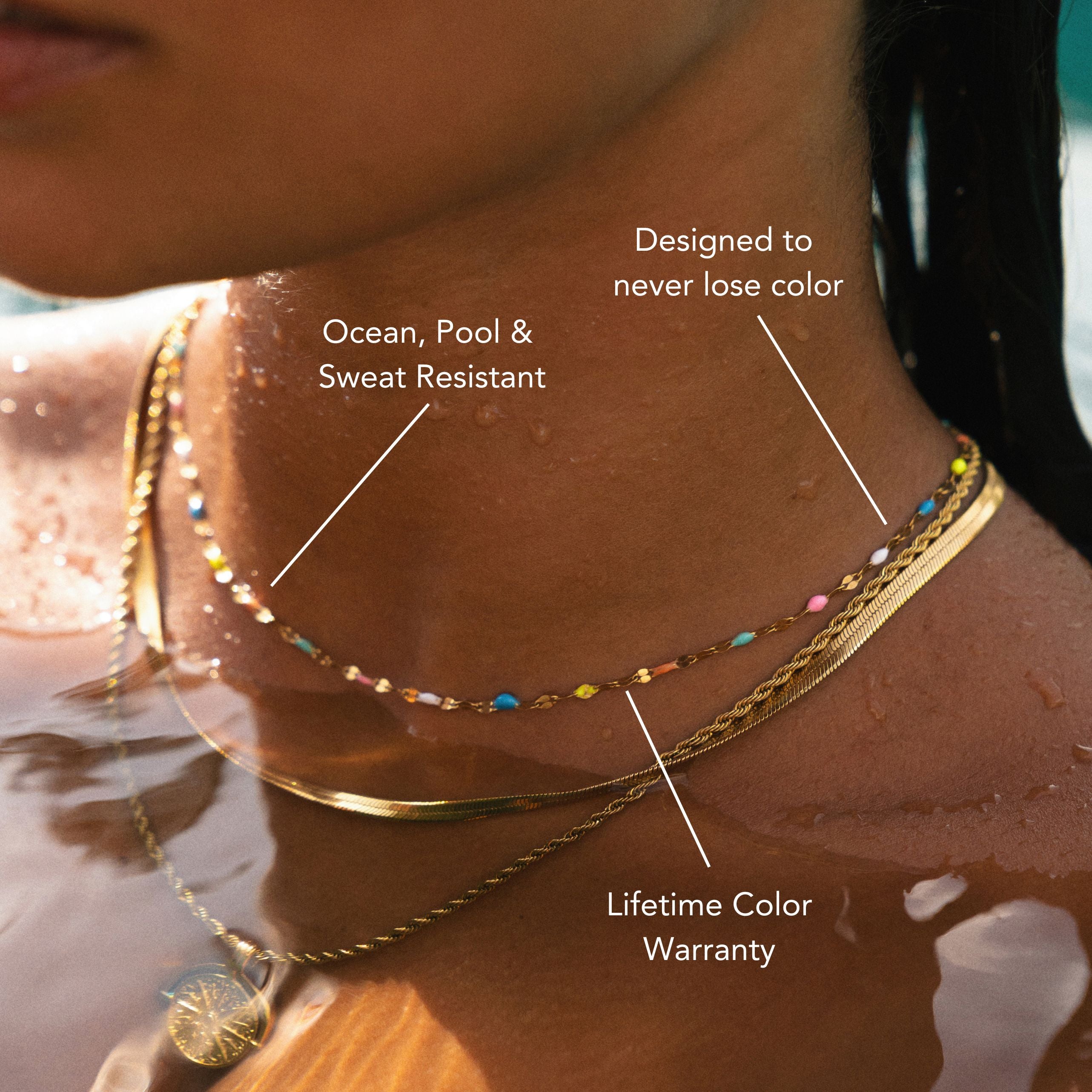


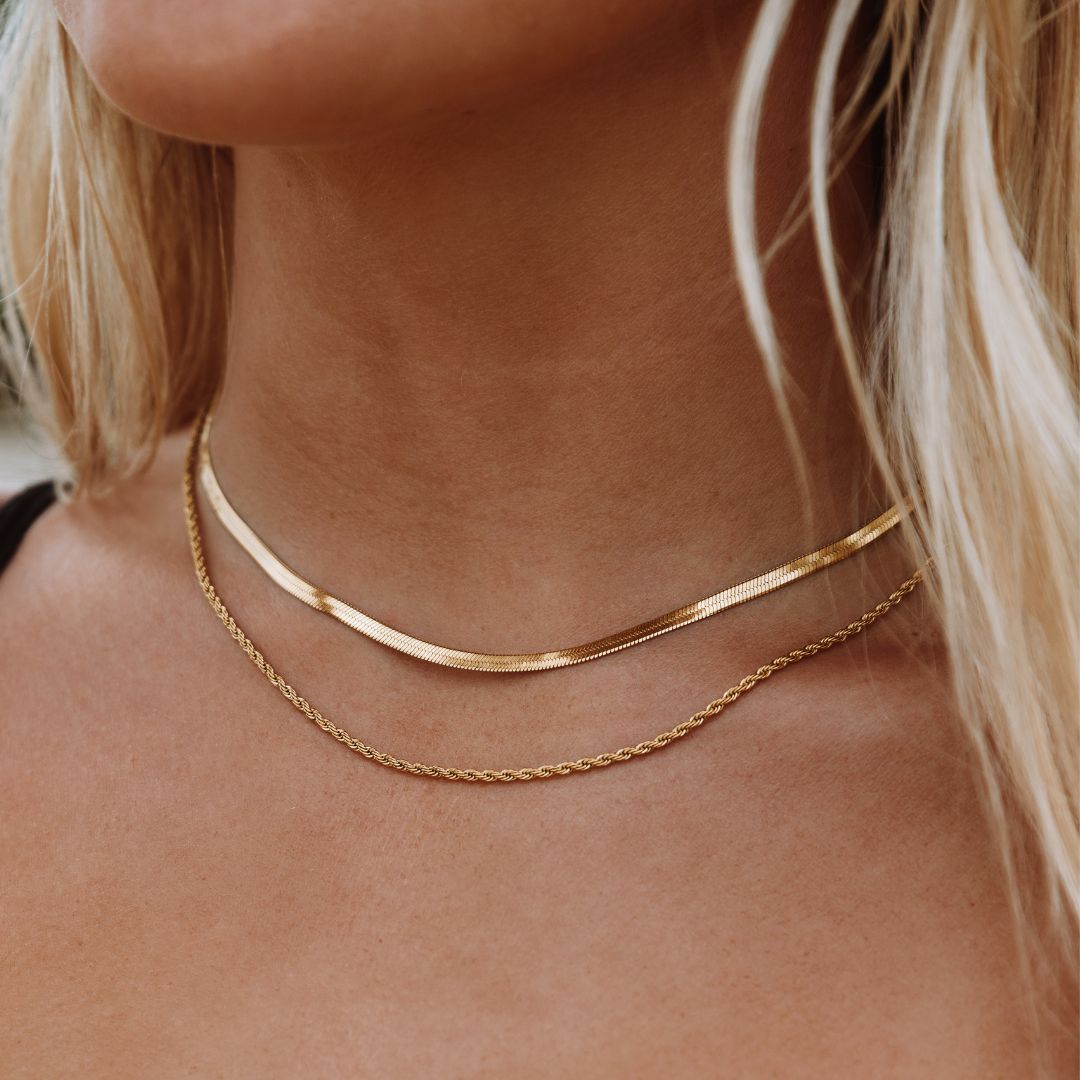



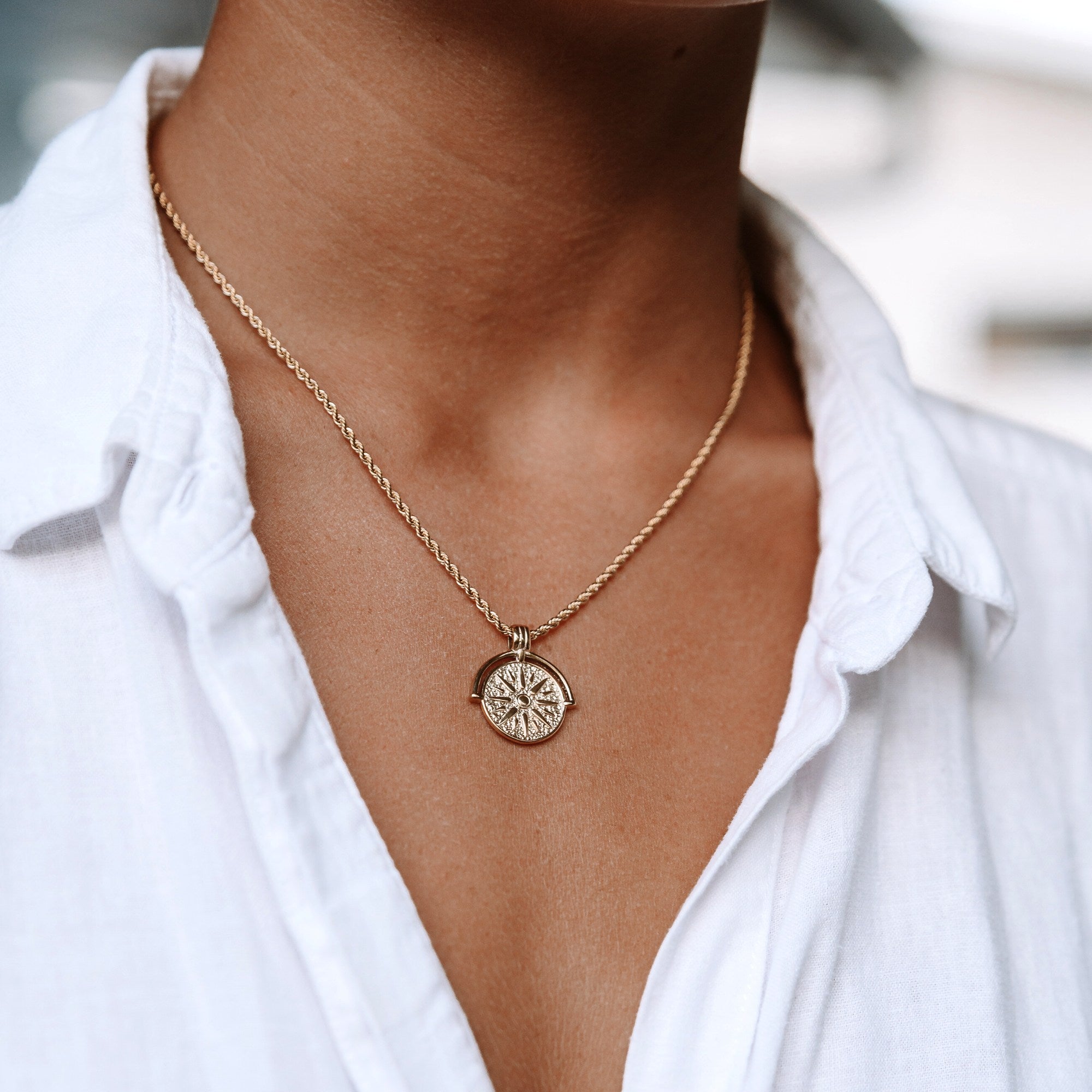

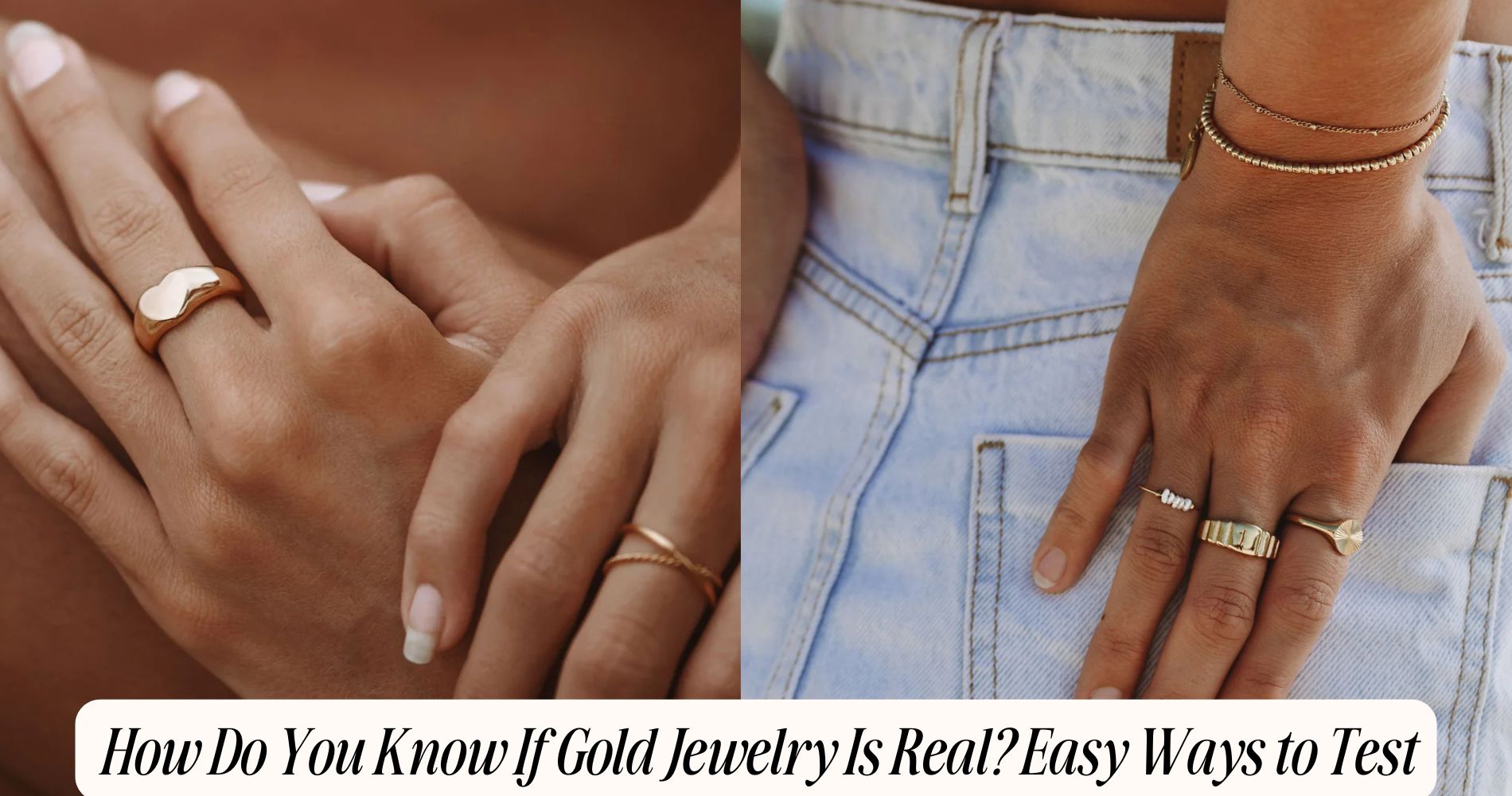





Leave a comment
This site is protected by hCaptcha and the hCaptcha Privacy Policy and Terms of Service apply.